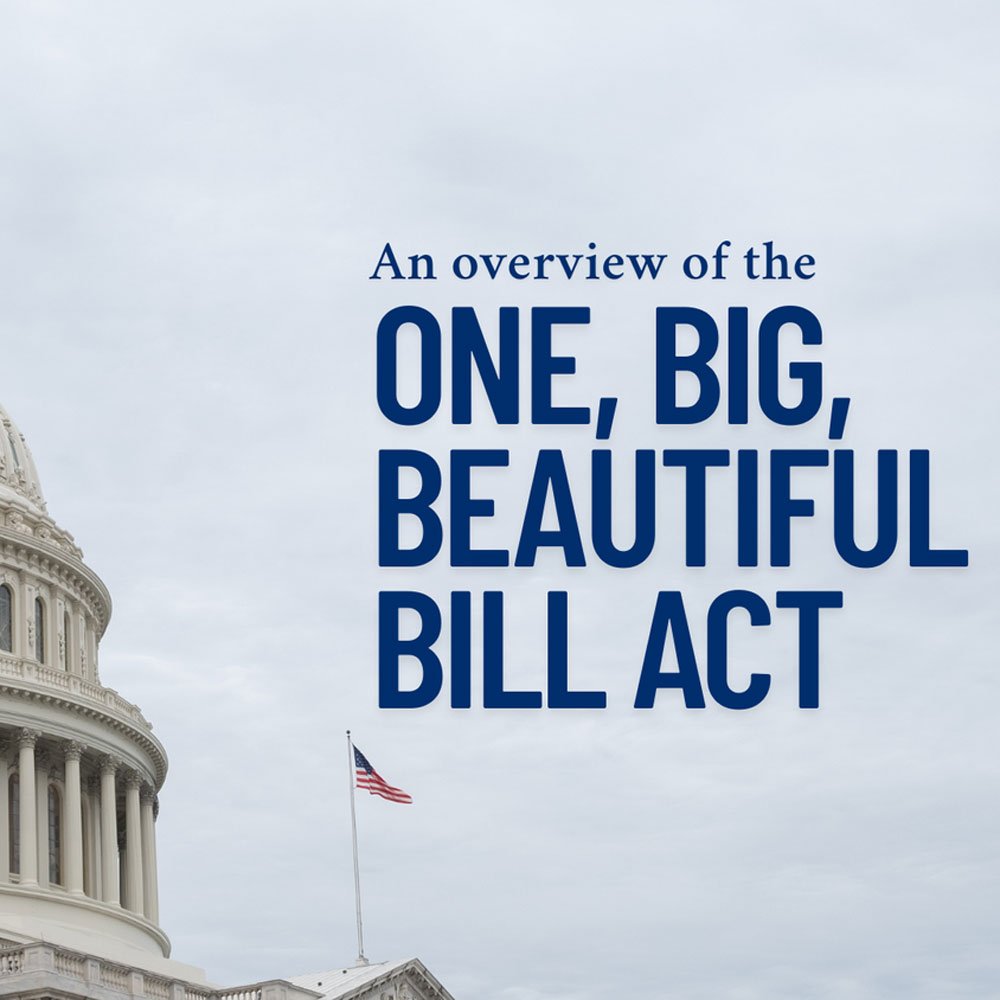
Uncertainty In Retirement? Blame Healthcare Costs!
Uncertainty In Retirement? Blame Healthcare Costs!
Experiencing serious illness firsthand or as a caregiver highlights the critical importance of planning for healthcare costs in retirement. This concern is particularly prominent among Americans nearing retirement age. A March survey conducted by the Alliance for Lifetime Income, titled “Retirement Reset,” found that healthcare costs are the leading source of uncertainty for those aged 61-65 who are still employed.
A significant portion of respondents (53%) expressed moderate to high concern about substantial medical expenses in retirement, while 37% anticipate the need to provide care for a family member. These findings are unsurprising, especially considering the survey’s timing during the early stages of the COVID-19 pandemic.
Unpredictability of Catastrophic Illness & Long-Term Care
One of the most significant challenges, according to Michael Harris, the Alliance’s senior education advisor, is the unpredictability of major medical events.
“You could be perfectly healthy at 80 and then experience a sudden medical emergency,” he explains. “This can dramatically increase monthly healthcare expenses, potentially requiring significant funds for treatments, long-term care, or assisted living.”
While the future is uncertain, failing to plan for these potential costs can severely deplete retirement savings.
Strategies for Managing Healthcare Costs in Retirement


Financial professionals offer various approaches to address this uncertainty.
- Chris Hernandez, a financial planner at Strategic Capital in Austin, Texas, advocates for the use of annuities to help manage long-term care expenses.
- Danielle Schultz, a financial planner in Evanston, Illinois, emphasizes the importance of long-term care insurance, particularly for individuals in their early 50s when premiums are more affordable.
- Matt Mondoux, an advisor at Blue Chip Partners in the Detroit area, highlights the shift in lifestyle during retirement, often from active travel to a more sedentary lifestyle. This necessitates a reallocation of funds from leisure activities to healthcare expenses.
Key Healthcare Costs to Consider in Retirement Planning
- Pre-Medicare Coverage: Individuals who retire before age 65 must cover their healthcare expenses until they become eligible for Medicare.
- Medicare Premiums: Once enrolled in Medicare, individuals are responsible for paying premiums.
- Medicare Gaps: Medigap policies are often necessary to cover expenses not covered by Medicare.
- Dental and Vision Care: These services are typically not covered by Medicare.
A Comprehensive Approach to Retirement Income Planning
A robust retirement income plan should incorporate healthcare costs.
- Determine Essential Monthly Expenses: This includes healthcare premiums, housing costs, utilities, groceries, transportation, and other essential living expenses.
- Estimate Retirement Income: Combine estimated monthly income from Social Security, pensions, and other sources.
- Address Income Gaps: If estimated income falls short of essential expenses, consider annuities to bridge the gap.
- Establish a Healthcare “War Chest”: Set aside funds to cover unexpected healthcare expenses such as hearing aids, dental implants, and physical therapy.
Securing a Healthy and Fulfilled Retirement
While planning for the unknown can be anxiety-inducing, the Alliance survey reveals a positive outlook on health in retirement among those aged 61-65. A significant portion of retirees (74%) feel content or excited about their health in retirement, compared to 70% of those still working.
This positive outlook bodes well for overall happiness and well-being in retirement. By proactively addressing healthcare costs and working with a financial professional to develop a comprehensive retirement income plan, individuals can increase their confidence and security in their golden years.
Need assistance? Feel free to contact us today!
A quick overview of the topics covered in this article.
Join 3,000+ Agents
Join 3,000 plus agents and elevate your business by partnering with IAD!









































































































































































